Text
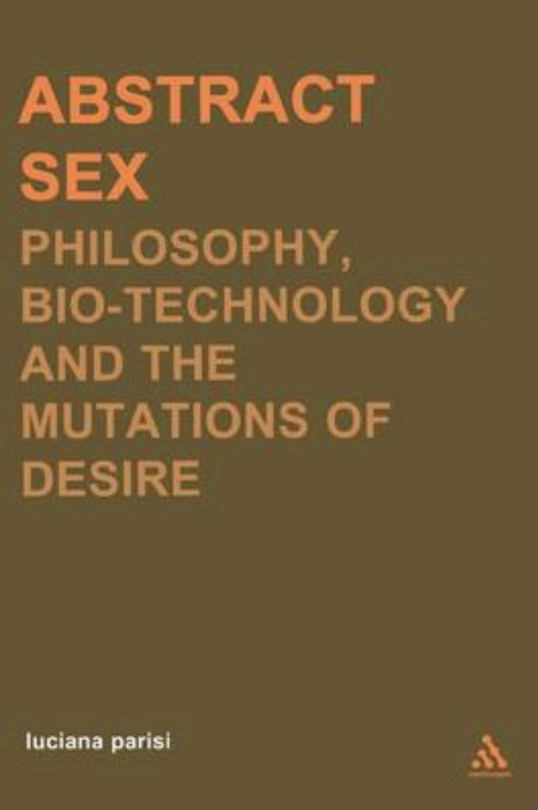
Abstract Sex, Luciana Parisi, 2004
Abstract Sex investigates the impact of advances in contemporary science and information technology on conceptions of sex.
Evolutionary theory and the technologies of viral information transfer, cloning and genetic engineering are changing the way we think about human sex, reproduction and the communication of genetic information.
Abstract Sex presents a philosophical exploration of this new world of sexual, informatic and capitalist multiplicity, of the accelerated mutation of nature and culture.
(duke.edu)
Luciana Parisi is Reader in Cultural Studies and Director of the PhD programme at the Centre for Cultural Studies, Goldsmiths University of London. Her research focuses on philosophy and science to investigate potential conditions for ontological and epistemological change in culture, aesthetic and politics.
Specifically engaging with cybernetics, information theories, and evolutionary theories, her work analyses the radical transformations of the body, nature, matter and thought led by the technocapitalist development of biotechnologies and computation.
In 2004, she published Abstract Sex: Philosophy, Biotechnology and the Mutations of Desire (Continuum). She has also written within the field of media philosophy and analysed the bionic transformation of the perceptive sensorium triggered by digital media, the advancement of new techno-ecologies of control, and the nanoengineering of matter.
She has published articles on the cybernetic re-wiring of memory and perception in the context of a non-phenomenological critique of computational media vis a vis strategies of branding and marketing. Her interest in interactive media has also led her research to engage more closely with computation, cognition, and algorithmic aesthetics.
In 2013, she published Contagious Architecture. Computation, Aesthetics and the Control of Space (MIT Press).
(monoskop.org)
Here is the link again:
And here is a recent lecture Parisi presented at Stanford Humanities Center on The Negative Aesthetic of AI:
https://www.youtube.com/watch?v=2Qdsd-HhwQI&ab_channel=StanfordHumanitiesCenter
0 notes
Photo



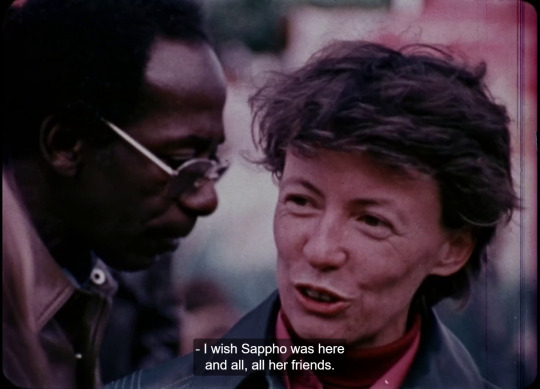
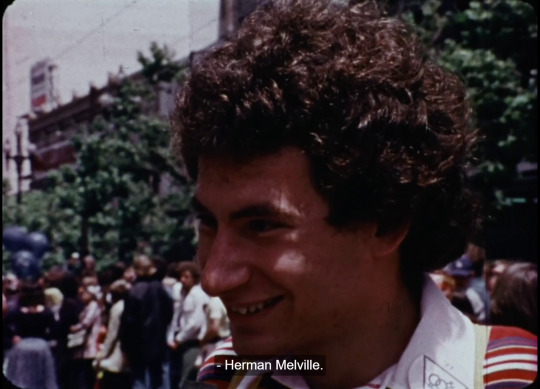



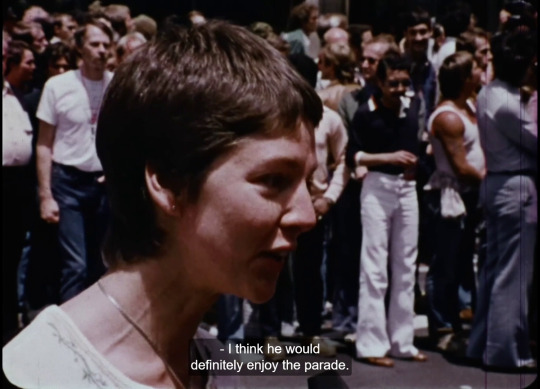
Gay USA (1978) dir. Arthur J. Bressan Jr.
47K notes
·
View notes
Photo
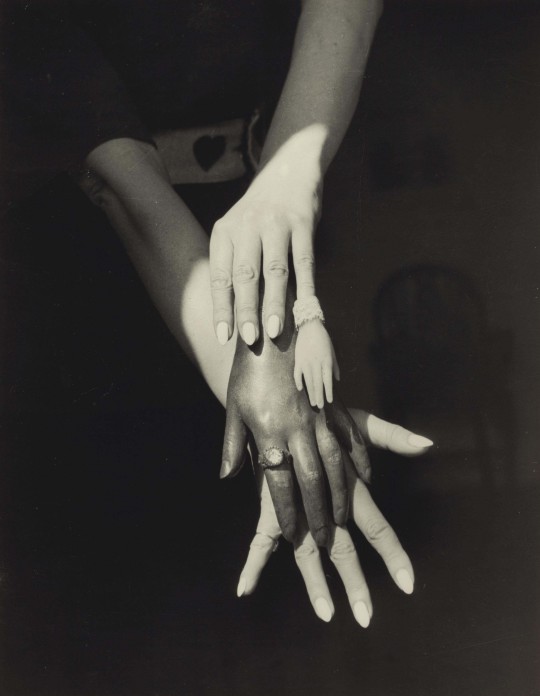
Claude Cahun, Untitled, 1936
29 notes
·
View notes
Text
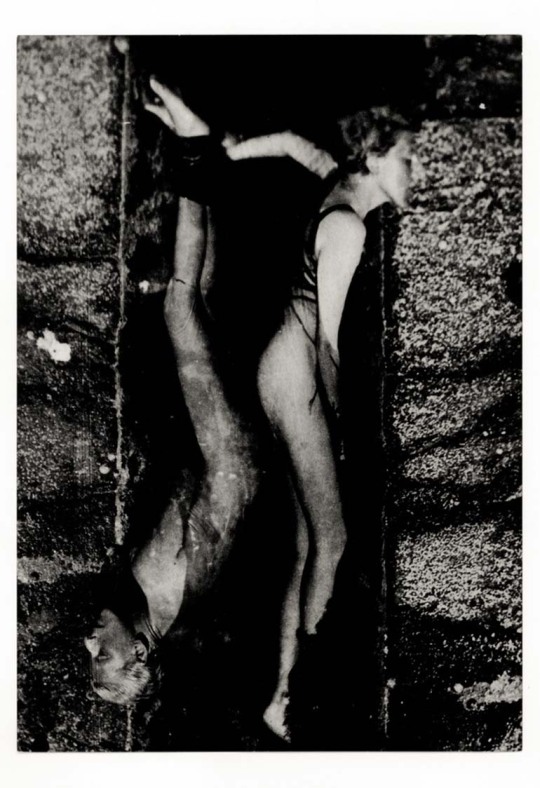
Claude Cahun :: Autoportrait, 1929-1930. Tirage argentique sépia. | Musée d'art de Nantes
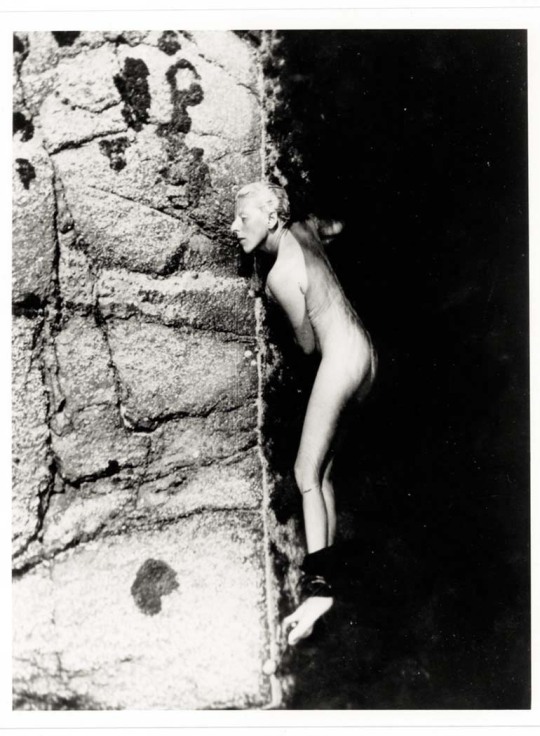
Claude Cahun :: Autoportrait, 1929-1930. Tirage argentique sépia. | Musée d'art de Nantes
view more on wordPress
92 notes
·
View notes
Text
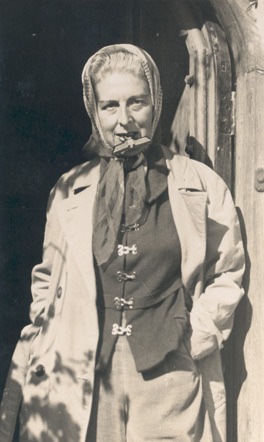
Claude Cahun with a Nazi badge held defiantly between her teeth. Cahun obtained the badge from a soldier while she and lover/collaborator Marcel Moore were imprisoned for resisting the German occupation of Jersey, and the photograph was taken not long after their release.
ph: Marcel Moore | May, 1945
183 notes
·
View notes
Photo
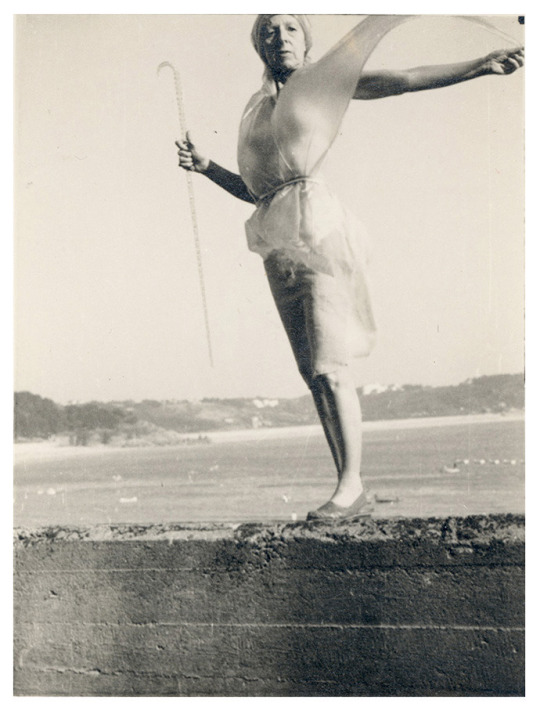
Claude Cahun, autorretrato c1947
50 notes
·
View notes
Photo
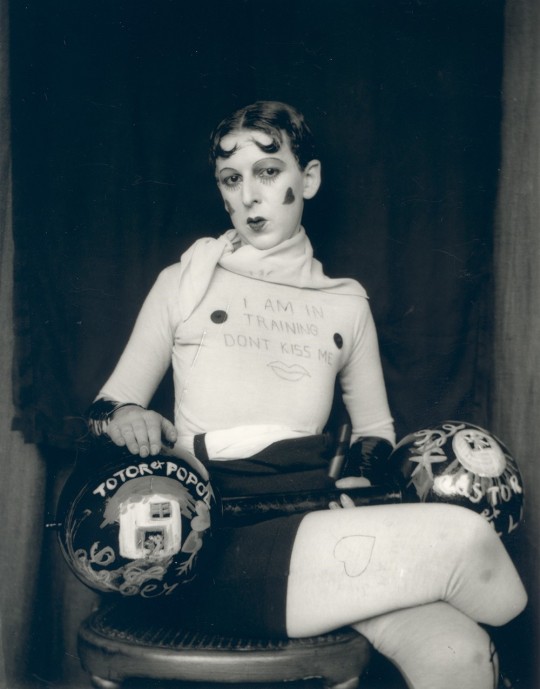
Claude Cahun, ‘I am in training don’t kiss me’, 1927
2K notes
·
View notes
Text

Palestinian poet Mosab Abu Toha was kidnapped by the IDF, along with 200 other Palestinians, while trying to cross the Rafah border with his family. According to a source he was beaten, interrogated, and is currently receiving medical care. He was a Harvard Scholar at Risk and was published by my friend's Harvard Divinity School literary journal Peripheries, where he edited a folio on Poems from Gaza. Apparently it was his connection to Harvard that helped secure his release. I'm relieved that he's been released and that the mobilization of poets helped, but it's so fucking depressing that it depended in part on a connection to elite American cultural spaces. How many Palestinians are buried beneath the rubble in Gaza, completely unknown to our complicit country?
We pray for Mosab Abu Toha's recovery and grieve all of those whose lives have been lost or destroyed in Gaza. We remember Abu Toha's house and recite his beautiful words.
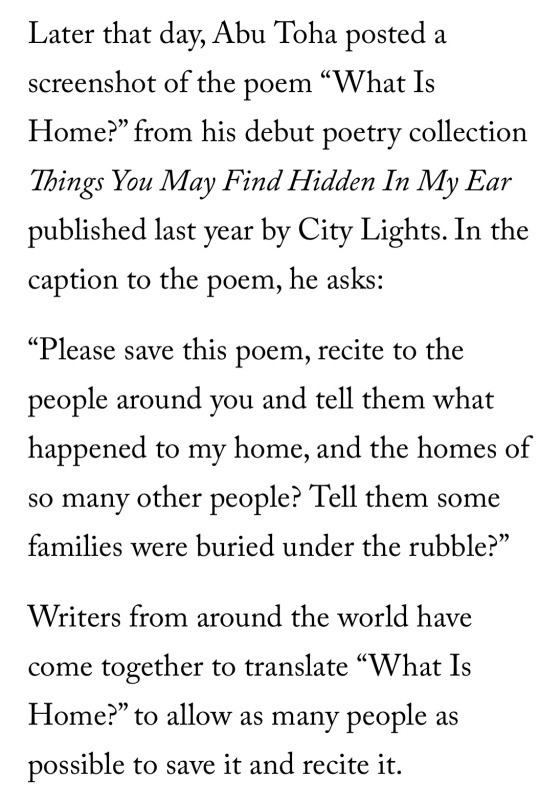
What Is Home?
Mosab Abu Toha
What is home:
it is the shade of trees on my way to school before they were uprooted.
It is my grandparents’ black-and-white wedding photo before the walls
crumbled.
It is my uncle’s prayer rug, where dozens of ants slept on wintry nights, before it was looted and
put in a museum.
It is the oven my mother used to bake bread and roast chicken before a bomb reduced our
house to ashes.
It is the café where I watched football matches and played –
My child stops me: Can a four-letter word hold all of these?
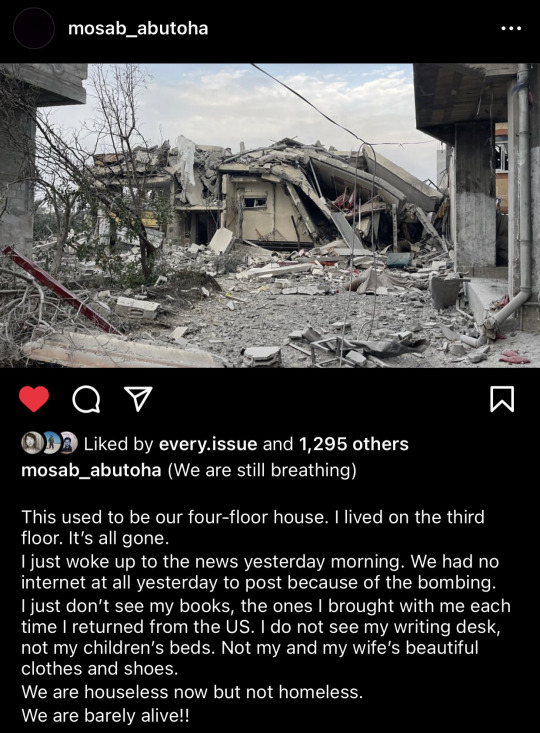
26 notes
·
View notes
Note
takes on malabou’s neuroplasticity / we are not aware of our brains type flow? (other than her being Very French lol)
my problems with malabou stem mainly from what i think is a fundamental error in the relationship she sees between biology and politics. although the relationship is not unilaterally one of politics influencing biology, the way she imputes a specific brain metaphor to post-fordist capitalism implies that these neurological discourses formed prior to political or ideological positioning; are 'objective'; and must simply be reconciled with a philosophical position that rescues the possibility of a radical or anti-capitalist reading of the same biological arguments. this is simply an ahistorical and apolitical understanding of science. she's right that a certain set of ideas about neuroplasticity are invoked in neoliberal demands for worker flexibility &c, but it doesn't follow that neuroscience itself can be a site of liberation. we see over and over and over again that the explanatory frameworks, models, and epistemological assumptions scientists use to interpret their data and observations draw from dominant political and ideological discourses. that the scientific ideas then come to bear on the political ones doesn't mean that altering the scientific interpretation can interfere at the root level of the political or economic forms.
to take a pertinent example, much of what malabou says about neuroplasticity is reminiscent of what lamarck argued in the latter half of his career (~1800–1829), building off his mentor buffon's ideas about biological malleability. for lamarck, the brain was fundamentally mouldable and re-mouldable; it was in constant tension with the environmental conditions and was materially re-shaped throughout an organism's life, in response to the animal's needs and habits. yet the political legacy of lamarck's work, both in his own words and after his death, is wildly variant. lamarck himself thought that certain habits could become ingrained, where the brain would become more and more resistant to changing form, and the soft mouldable tissue would stiffen over an animal's lifetime. it wasn't impossible to change after this point, but it was much harder, and ingrained habits and tendencies could be inherited as inclinations the offspring would tend toward, leading lamarck to emphasise the importance of proper education and management of the living conditions and sensory inputs. over the course of the nineteenth century these ideas percolated with certain medico-juridical projects, and by the start of the third republic in 1870, 'neo-lamarckism' was becoming a coherent ideological movement, with strong hereditarian and eugenic tendencies. on the other side of the coin, certain working-class radicals, particularly in britain, tried to appropriate lamarck's ideas of biological plasticity for their own ends, arguing that lamarckian bio-plasticity, including neuroplasticity, was the biological argument supporting their claims to political liberation for the poor and exploited.
what this all demonstrates is that the political content of a biological argument comes from much more than the internal scientific logic. it's a function of the broader cultural and social situation. lamarckian biological ideas were neither inherently republican nor inherently reactionary, but neither were they ever apolitical. science is always done and interpreted in context, by humans who by necessity are using epistemological frameworks with political and ideological valences. there is no 'neutral' science, but nor is there a politics that draws its authority from an 'objectively' true science. i do reject bioessentialisms in all forms, and it's not that i disagree with everything malabou says about the liberatory potential of her framing of neuroplasticity. but her analysis is so deeply internal to the neurological arguments that it presents the political situation as secondary to, and following from, the science, which is at root still a form of positivism and a failure to engage with the material bases of political action. neuroscience and the brain itself are not ever going to be a source of revolutionary politics, though there are elements of malabou's critique that are useful in thinking through the interplay between neoliberalism and current neuroscientific ideas.
12 notes
·
View notes
Text

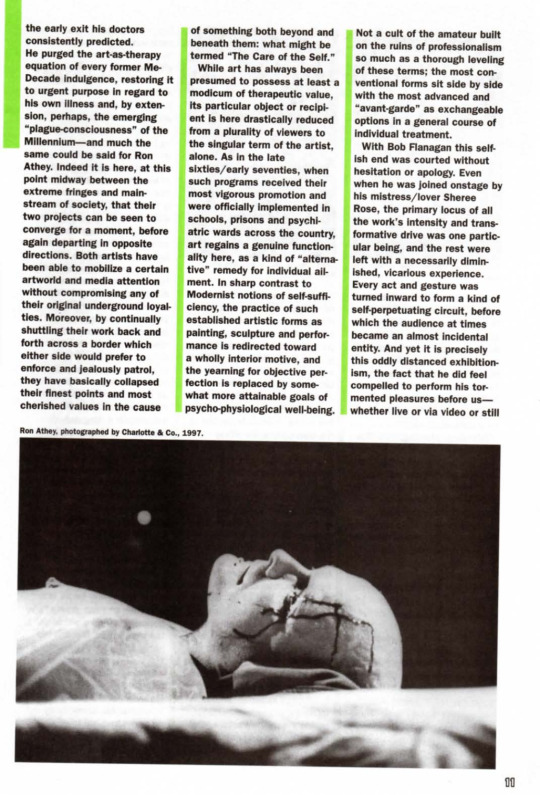
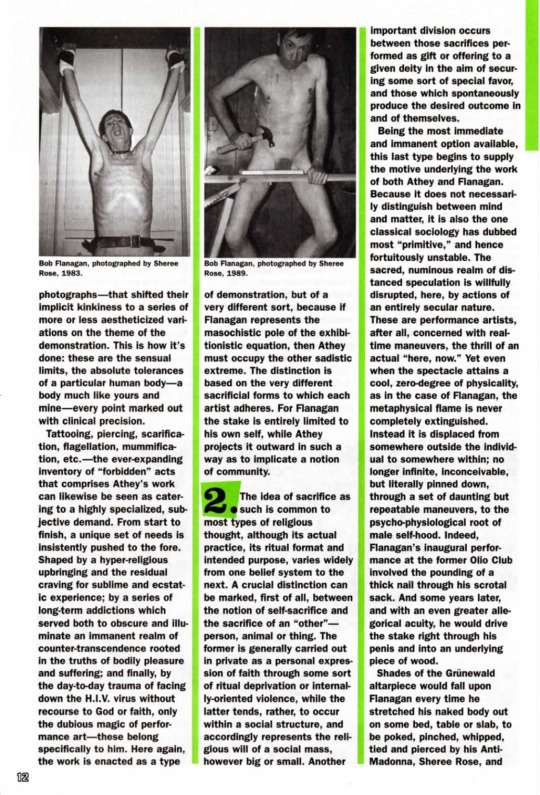

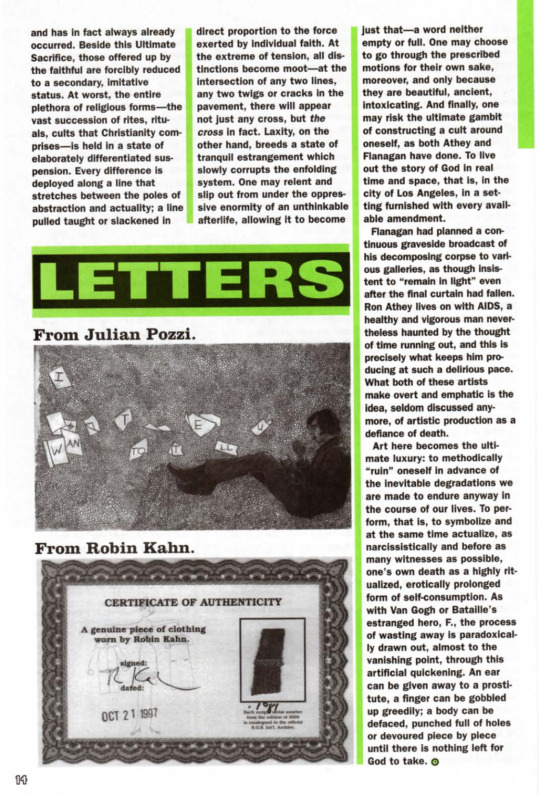
Ron Athey, Bob Flanagan and the Practice of Secular Sacrifice by Jan Tumlir
59 notes
·
View notes
Text

Sheree Rose and Bob Flanagan
32 notes
·
View notes
Link
“Because my parents loved me even more when I was suffering.
Because I was born into a world of suffering.
Because surrender is sweet.
Because I’m attracted to it.
Because I’m addicted to it.”
17 notes
·
View notes
Text
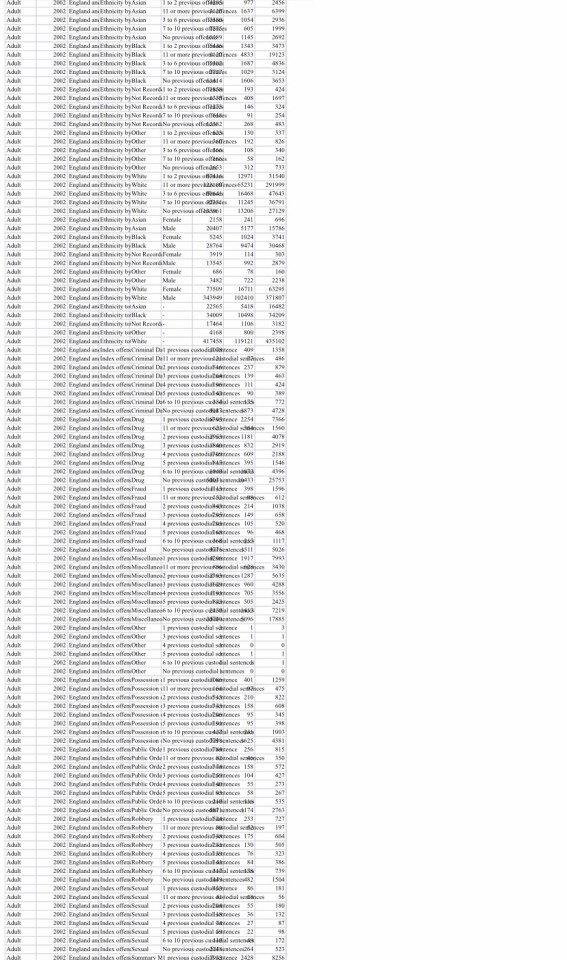
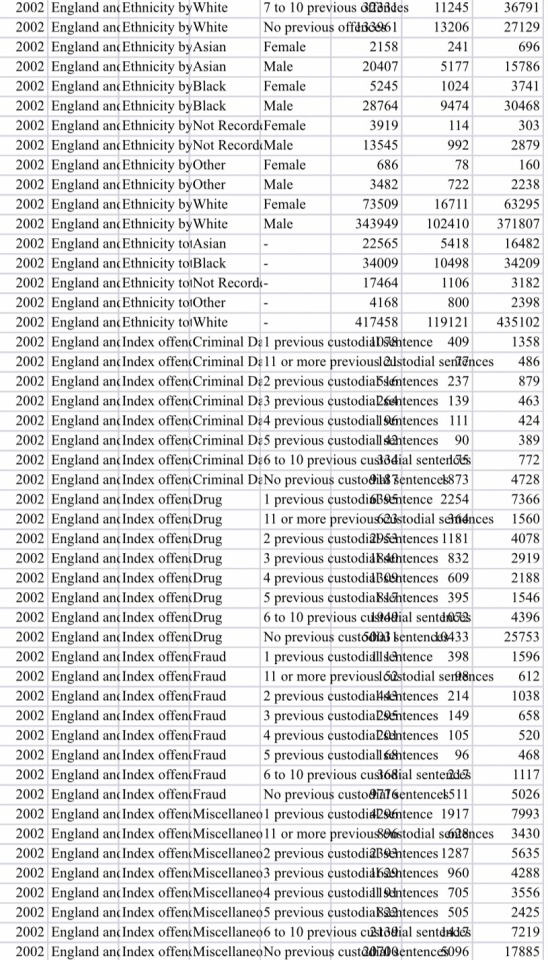
uk crime database categorising repeat offenders
taken from open access source, data represents figures july ‘14 - june ‘15
0 notes
Photo
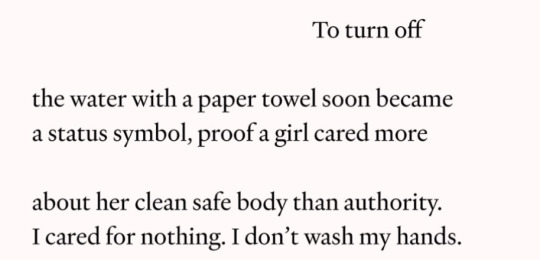
Stephen Ira, How to Wash Your Hands
67 notes
·
View notes
Text

Pedagogy of the Oppressed, Paulo Freire
Arguing that 'education is freedom', Paulo Freire's radical international classic contends that traditional teaching styles keep the poor powerless by treating them as passive, silent recipients of knowledge. Grounded in Freire's own experience teaching impoverished and illiterate students in his native Brazil and over the world, this pioneering book instead suggests that through co-operation, dialogue and critical thinking, every human being can develop a sense of self and fulfil their right to be heard.
(goatshedpress)
30th anniversary edition, trans. Myra Bergman Ramos:
https://envs.ucsc.edu/internships/internship-readings/freire-pedagogy-of-the-oppressed.pdf
#paulo freire#pedagogy of the oppressed#myra bergman ramos#70s#history resource#philosophy resource#politics resource#brazilian philosophy#brazilian politics#brazilian history#brazilian writing
0 notes
Photo
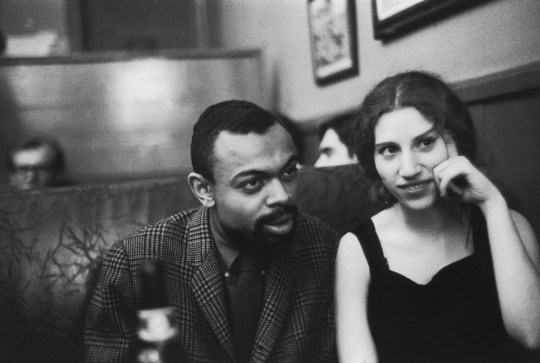
Leroi Jones, Diane di Prima in Cedar Tavern on University Place, April 5, 1960. Copyright Fred W. McDarrah, Courtesy Steven Kasher Gallery, New York.
22 notes
·
View notes
Text

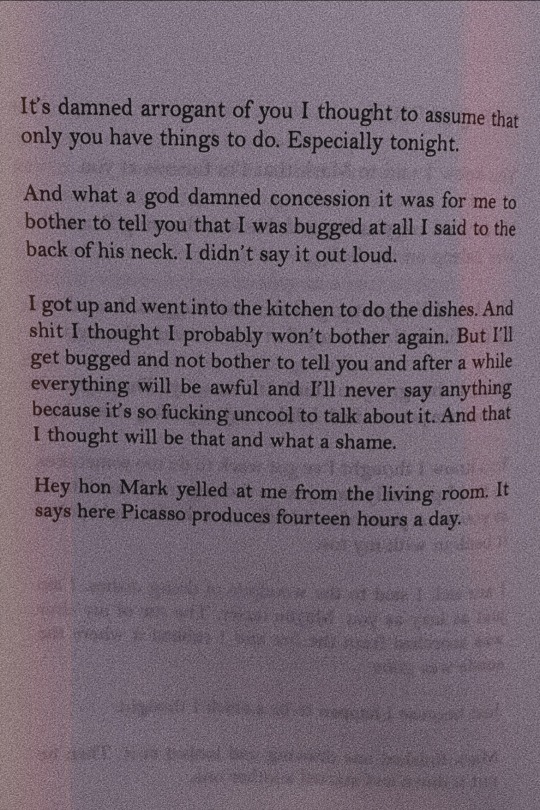
The Quarrel // Diane Di Prima
4 notes
·
View notes